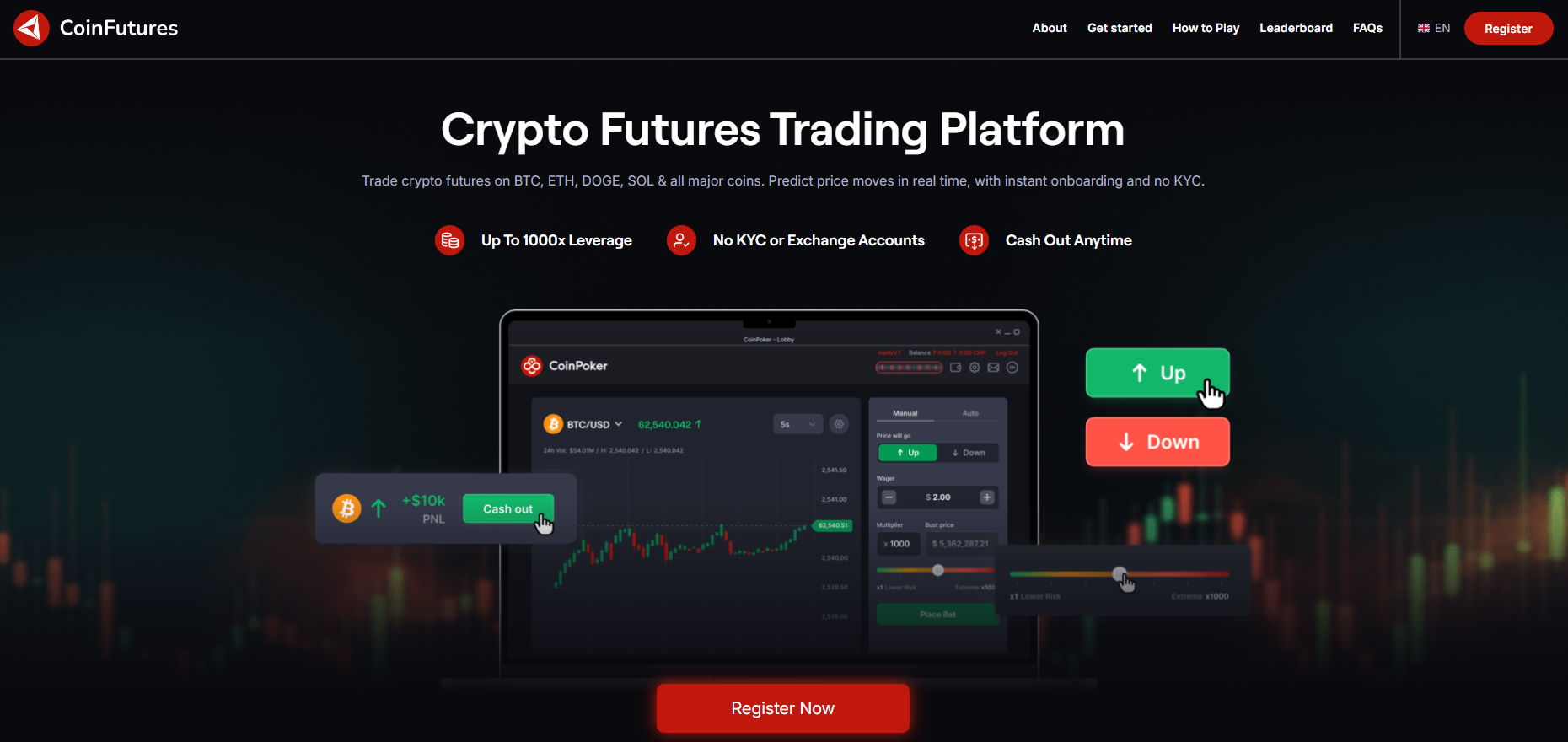Al Jobran Insights
Exploring a World of News and Information
Anonymity Unmasked: The Double-Edged Sword of Crypto Platforms
Discover the hidden truths behind crypto platforms! Explore how anonymity can be both your shield and your downfall in the digital age.
Exploring the Paradox of Anonymity in Crypto: Benefits vs. Risks
The rise of cryptocurrencies has revolutionized the financial landscape, offering unprecedented anonymity to users. This benefit of anonymity is a double-edged sword. On one side, it allows individuals to engage in transactions without the scrutiny of third parties, thus guaranteeing privacy and freedom of financial expression. This is particularly appealing in oppressive regimes, where the **freedom to transact** can be stifled by government oversight. However, this same anonymity can serve as a breeding ground for illicit activities, such as money laundering and fraud, raising serious ethical questions about the impact of cryptocurrencies on society.
The risks associated with anonymity in crypto extend beyond the realm of illegal activity. As individuals embrace cryptocurrencies for their potential benefits, they must also navigate the challenges that this newfound freedom presents. For instance, users may become targets for cybercrime, suffering from hacks, scams, or theft due to the lack of regulatory protections typically found in traditional finance. Furthermore, the permanence of blockchain records means that while transactions may be anonymous, they are still traceable, creating a false sense of security for some users. As such, striking a balance between the benefits of anonymity and the inherent risks it carries is crucial for the future of cryptocurrency adoption.

Counter-Strike is a popular first-person shooter game that has captivated millions of players worldwide. It involves two teams, Counter-Terrorists and Terrorists, competing to achieve specific goals, such as planting or defusing a bomb. Players can enhance their gaming experience by exploring various platforms, and for those interested, a great way to enjoy some gaming perks is to check out this cryptocasino.com promo code.
How Do Crypto Platforms Balance User Anonymity and Security?
In the world of cryptocurrency, user anonymity and security are often seen as competing interests. On one hand, many users value privacy and prefer to engage in transactions without revealing their identities. On the other hand, platforms must implement stringent security measures to protect against fraud, theft, and other malicious activities. To strike this balance, platforms frequently employ advanced cryptographic techniques and privacy-focused features. For instance, some utilize zero-knowledge proofs, which allow transaction verification without disclosing user information, thus enhancing anonymity while ensuring robust security.
Moreover, regulatory compliance plays a critical role in shaping how crypto platforms handle user anonymity. With increasing scrutiny from governments worldwide, many platforms are adopting Know Your Customer (KYC) and Anti-Money Laundering (AML) practices. These not only help protect against illicit activities but also pose challenges for maintaining privacy. As a result, users are often encouraged to select platforms that transparently communicate their policies regarding data usage and protection. Ultimately, the ability of crypto platforms to maintain user anonymity without compromising security is vital for fostering trust and encouraging wider adoption of crypto technologies.
Is Anonymity in Cryptocurrency Helping or Harming the Financial Landscape?
The rise of cryptocurrency has brought the debate over anonymity to the forefront of the financial landscape. On one hand, proponents argue that anonymity is crucial for protecting user privacy and autonomy in an increasingly digital world. They believe that being able to transact without revealing personal information allows individuals to maintain their freedom from oppressive financial oversight. For instance, in regimes with stringent capital controls, cryptocurrencies that offer anonymity can serve as a lifeline for those seeking to retain their hard-earned wealth. This perspective emphasizes that anonymity in cryptocurrency is not merely a feature but a necessary tool for financial empowerment.
Conversely, critics of cryptocurrency anonymity assert that it can lead to harmful consequences for the financial ecosystem. They highlight its association with illicit activities such as money laundering, tax evasion, and ransomware attacks. The lack of regulation and oversight surrounding anonymous transactions creates challenges for authorities aiming to combat financial crime. As a result, some argue that unchecked anonymity undermines the integrity of financial systems, making it easier for bad actors to exploit vulnerabilities. This duality raises essential questions about the balance between privacy and accountability in the evolving world of digital finance.